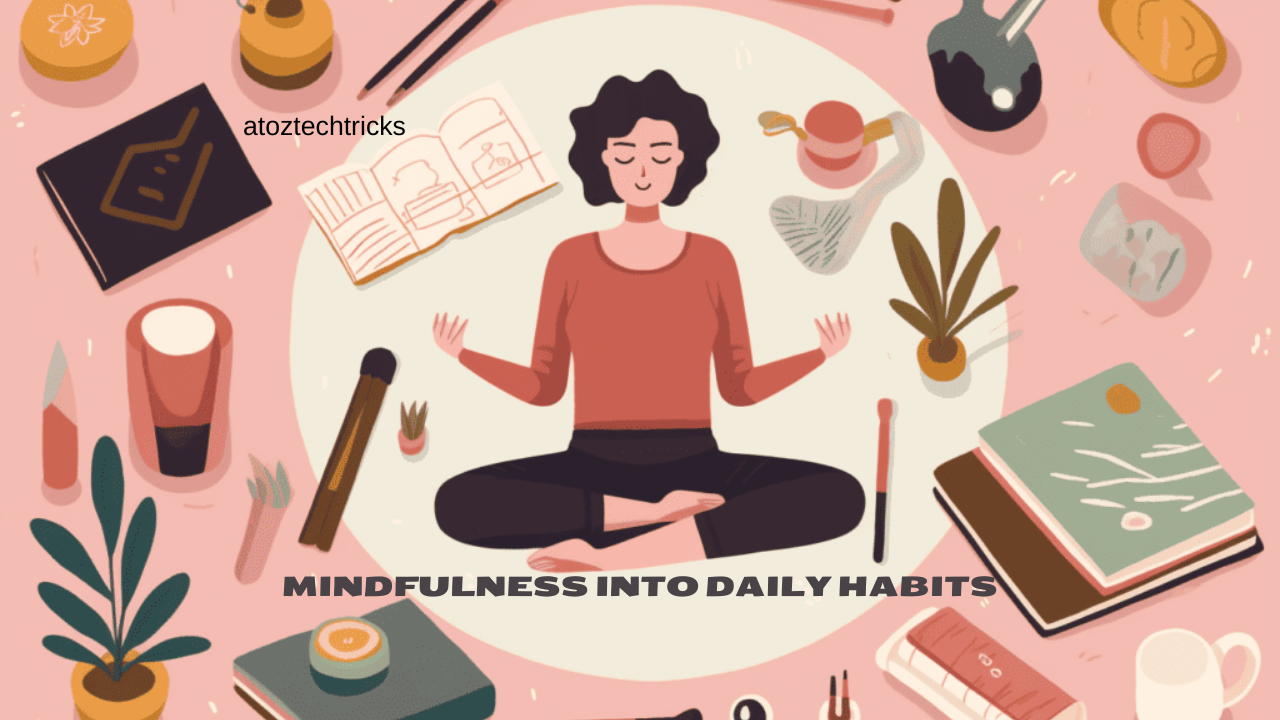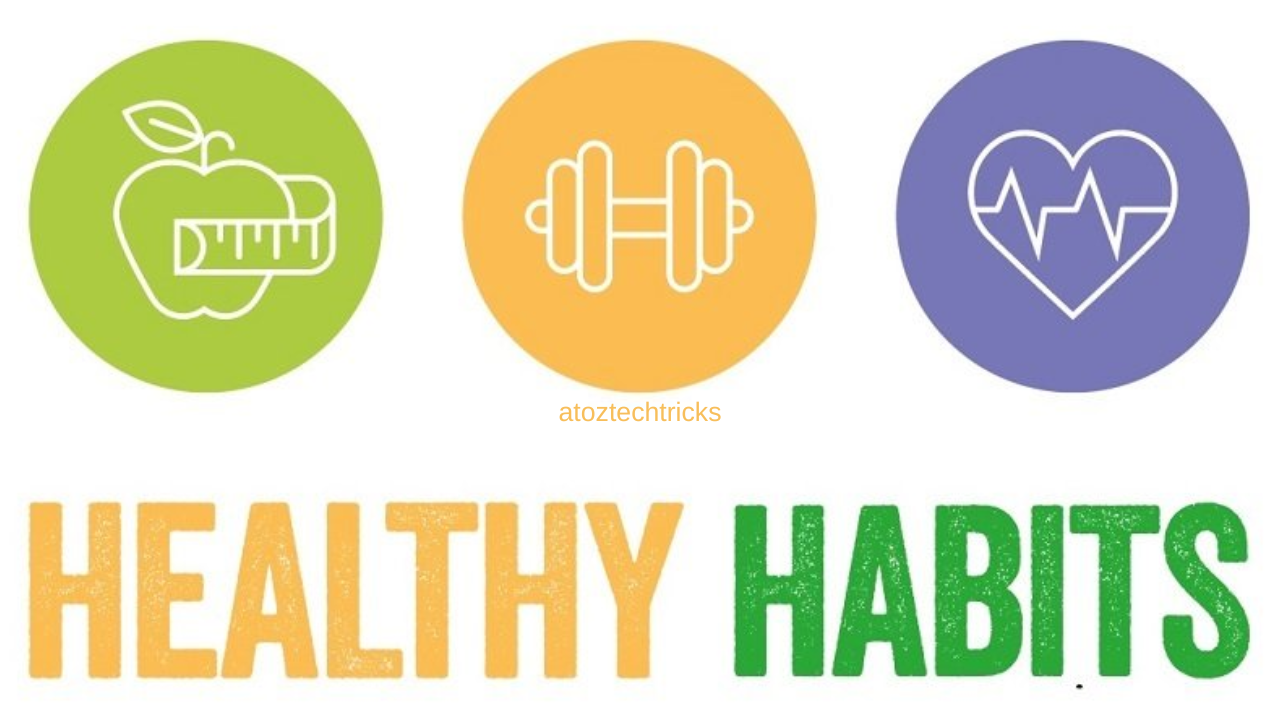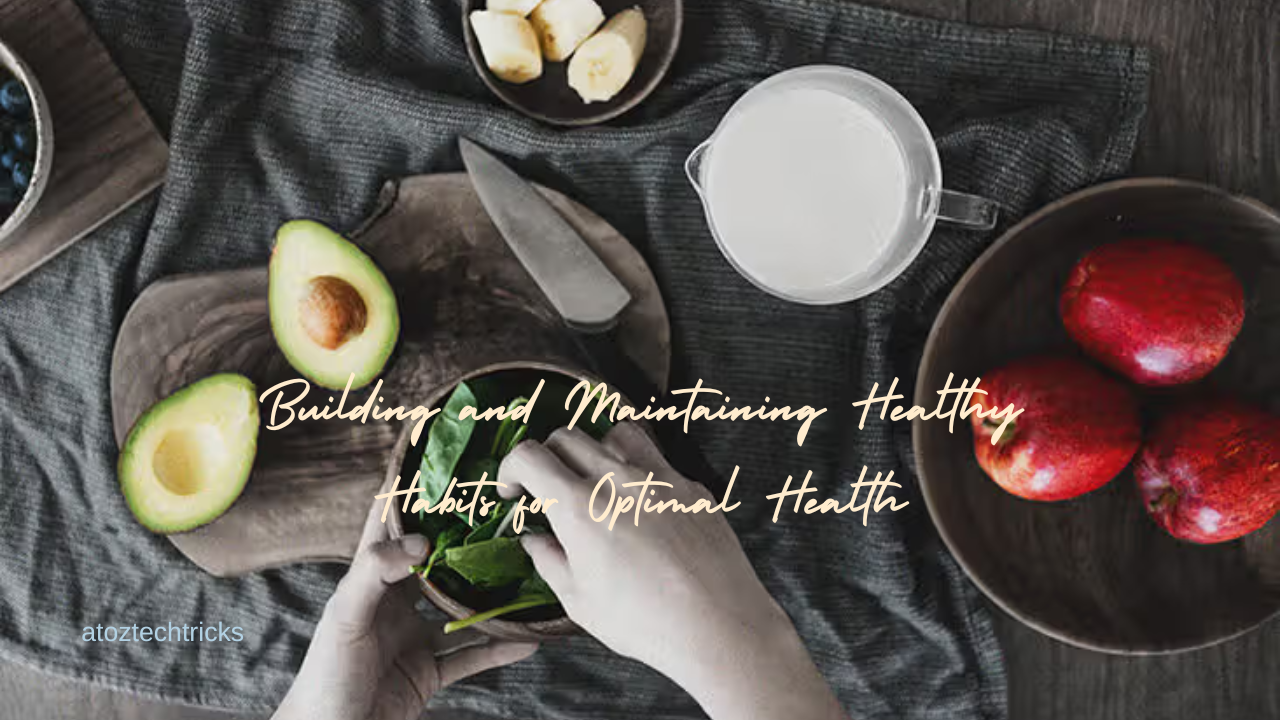Incorporating Mindfulness into Daily Habits
Mindfulness has become a buzzword in recent years, often associated with stress reduction, enhanced well-being, and improved mental clarity. While its benefits are widely recognized, integrating mindfulness into your daily routine can seem challenging. This comprehensive guide will explore practical ways to incorporate mindfulness into your daily habits, offering actionable tips and strategies to help you cultivate a more mindful life.
What is Mindfulness?
Before diving into practical tips, it’s important to understand what mindfulness is. Mindfulness is the practice of maintaining a moment-by-moment awareness of our thoughts, feelings, bodily sensations, and surrounding environment. It involves observing these elements without judgment and with a sense of curiosity. The goal is to develop a greater awareness of the present moment, which can lead to improved emotional regulation, reduced stress, and a deeper sense of well-being.
Supporting Others in Developing Healthy Habits: A Comprehensive Guide
The Benefits of Mindfulness
Incorporating mindfulness into your daily routine can offer numerous benefits:
- Reduced Stress: Mindfulness helps in managing stress by promoting a calm, centred state of mind. Studies have shown that regular mindfulness practice can lower levels of cortisol, the stress hormone.
- Improved Focus: Mindfulness enhances concentration and cognitive function, helping you stay focused on tasks and make better decisions.
- Better Emotional Regulation: By observing your emotions without judgment, mindfulness allows you to respond more thoughtfully to emotional triggers.
- Enhanced Relationships: Mindfulness fosters empathy and active listening, leading to improved interpersonal interactions and relationships.
- Increased Resilience: Mindfulness equips you with tools to handle life’s challenges with greater ease and adaptability.

Integrating Mindfulness into Your Morning Routine
Starting your day with mindfulness can set a positive tone for the rest of the day. Here are some strategies to incorporate mindfulness into your morning routine:
1. Mindful Awakening
Instead of jumping out of bed immediately, take a few moments to wake up mindfully. Before you start your day, take a few deep breaths and focus on the sensations in your body. Notice how your body feels and any tension you might be holding. This practice can help you start the day with a sense of calm and awareness.
2. Mindful Meditation
A short meditation session in the morning can be a powerful way to centre yourself. Spend 5-10 minutes sitting quietly, focusing on your breath, or practising guided meditation. Apps like Headspace or Calm offer easy-to-follow guided meditations that are perfect for beginners.
3. Mindful Movement
Incorporate mindfulness into your physical activity. Whether it’s stretching, yoga, or a morning walk, pay close attention to your body’s movements and sensations. Practice moving slowly and deliberately, focusing on each motion and how it feels.
4. Mindful Breakfast
Turn your breakfast into a mindful experience. Rather than eating on autopilot, pay attention to the flavours, textures, and aromas of your food. Eat slowly and savour each bite, which can also help you develop healthier eating habits.
Mindfulness During the Workday
Incorporating mindfulness into your workday can enhance productivity and reduce stress. Here are some practical strategies:
1. Mindful Breaks
Take short, mindful breaks throughout your day. Step away from your desk, stretch, and take a few deep breaths. Use this time to check in with yourself and release any built-up tension.
2. Mindful Listening
When engaging in conversations with colleagues or clients, practice mindful listening. Focus entirely on the speaker, without interrupting or planning your response while they’re talking. This not only improves your communication but also fosters deeper connections with others.
3. Mindful Task Management
Apply mindfulness to task management. When working on a task, give it your full attention and avoid multitasking. Break tasks into smaller, manageable steps and approach each one with mindfulness, focusing on the present moment.
4. Mindful Email and Communication
Before responding to emails or messages, take a moment to centre yourself. Consider the impact of your words and respond thoughtfully rather than reacting impulsively. This practice can lead to clearer communication and reduce misunderstandings.
Incorporating Mindfulness into Household Chores
Household chores can often feel like a tedious part of daily life. However, they can be an opportunity to practice mindfulness. Here’s how:
1. Mindful Cleaning
Transform cleaning tasks into a mindful practice. As you clean, pay attention to the sensations involved, such as the texture of the sponge or the sound of water. Focus on the present moment rather than letting your mind wander.
2. Mindful Cooking
Cooking can be a meditative activity. Engage all your senses while preparing meals. Notice the colours, smells, and textures of the ingredients. Cooking mindfully can also make the process more enjoyable and help you appreciate the food you’re preparing.
3. Mindful Organizing
When organizing your space, be deliberate and focused. Notice how each item feels as you handle it and consider its purpose and place in your life. This practice can help create a more organized and harmonious living environment.
Mindfulness in Social Interactions
Mindfulness can greatly enhance your social interactions and relationships. Here’s how to integrate mindfulness into your interactions with others:
1. Mindful Presence
When spending time with others, be fully present. Avoid distractions like checking your phone or thinking about other tasks. Focus on the person you’re with and the conversation you’re having.
2. Mindful Empathy
Practice mindful empathy by actively listening and acknowledging others’ feelings and perspectives. Show genuine interest and compassion, and try to understand their point of view without judgment.
3. Mindful Conflict Resolution
Approach conflicts with a mindful attitude. Instead of reacting impulsively, take a moment to breathe and reflect before responding. Aim for a calm and constructive dialogue, focusing on finding a resolution rather than winning an argument.
Mindfulness Before Bed
Ending your day with mindfulness can promote better sleep and overall relaxation. Here are some strategies to incorporate mindfulness into your bedtime routine:
1. Mindful Reflection
Before bed, spend a few minutes reflecting on your day. Notice any lingering thoughts or emotions, and observe them without judgment. This practice can help you process your experiences and wind down before sleep.
2. Mindful Breathing
Practice mindful breathing exercises to calm your mind and prepare for sleep. Try deep breathing techniques or progressive muscle relaxation to release any tension and promote relaxation.
3. Mindful Journaling
Consider journaling as part of your bedtime routine. Write down your thoughts, feelings, and any insights from your day. This can help clear your mind and prepare you for a restful night’s sleep.
Overcoming Challenges in Practicing Mindfulness
While incorporating mindfulness into daily habits can be highly beneficial, it can also come with challenges. Here are some common obstacles and how to address them:
1. Lack of Time
Many people feel they don’t have enough time to practice mindfulness. To overcome this, start with small, manageable practices. Even a few minutes of mindfulness each day can make a difference. Integrate mindfulness into activities you already do, such as eating or commuting.
2. Difficulty Staying Focused
Maintaining focus during mindfulness practice can be challenging. If your mind wanders, gently bring your attention back to the present moment without self-criticism. Over time, your ability to stay focused will improve.
3. Resistance to Change
Incorporating new habits can be difficult. Start by setting realistic goals and gradually introducing mindfulness practices into your routine. Be patient with yourself and celebrate small successes along the way.
4. Impatience with Results
Mindfulness is a practice that requires time and consistency. Avoid expecting immediate results and instead focus on the process. Trust that the benefits of mindfulness will unfold gradually with regular practice.
Incorporating mindfulness into your daily habits can lead to a more fulfilling and balanced life. By integrating mindfulness into various aspects of your routine—from morning rituals to work tasks and social interactions—you can cultivate a greater sense of presence and well-being. Remember, mindfulness is not about perfection but about being fully engaged in the present moment. With consistent practice and patience, you can make mindfulness an integral part of your daily life, enhancing your overall quality of life and well-being.





Post Comment